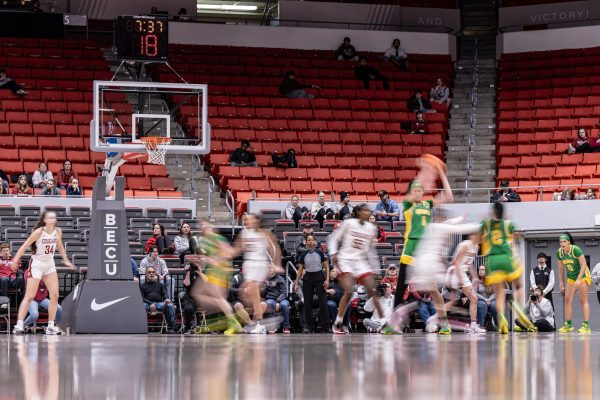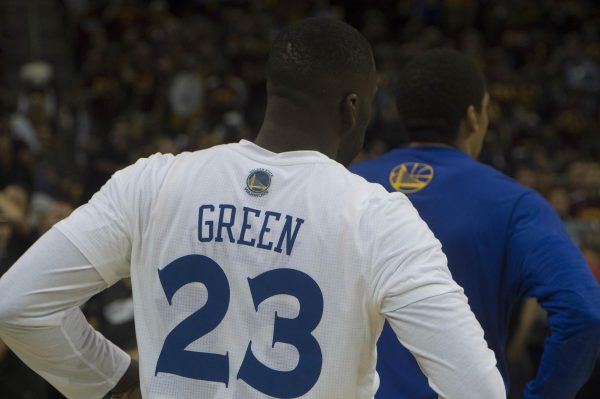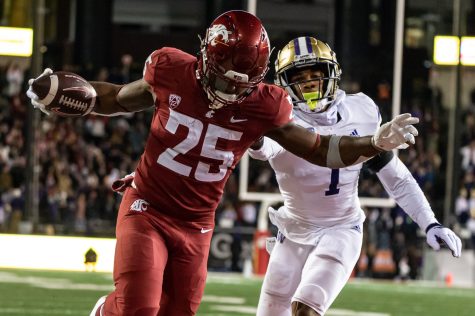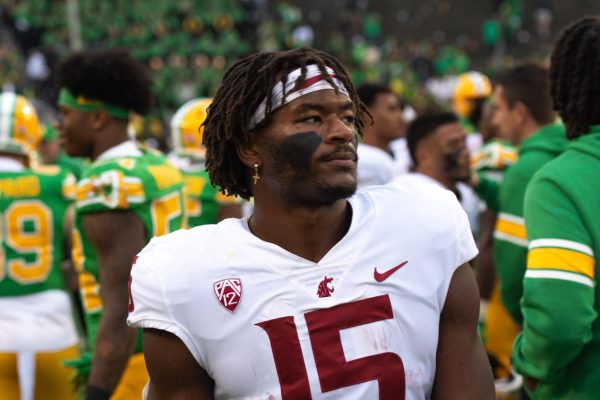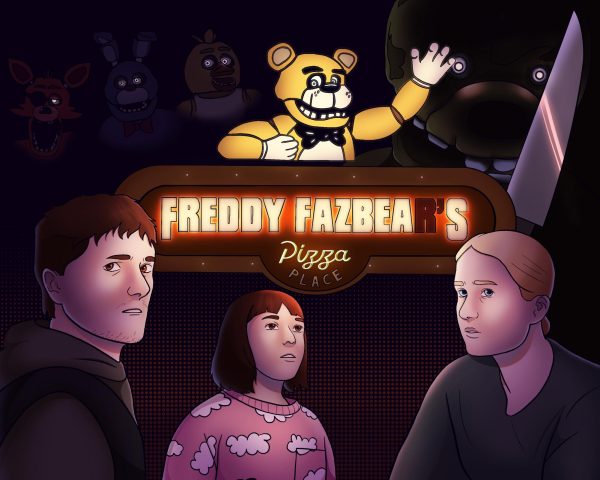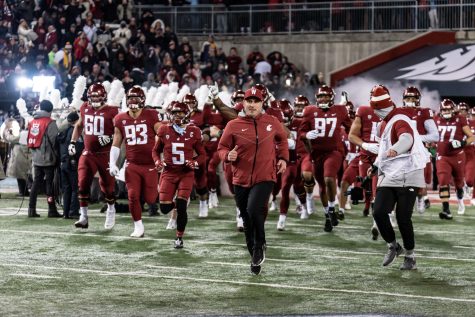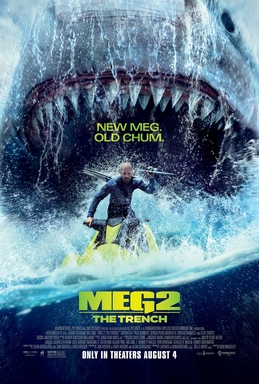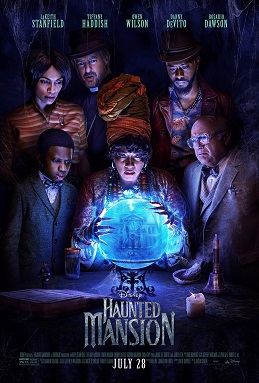Why stepping back and looking at the big picture is taboo
January 20, 2015
The conservative nature of reporting on all but the taboo is wrong. If people sought to produce content that does not break the social norm, then ingenious inventions and global shifts in journalism would never exist.
Nowhere is this idea more influential than in the recent attacks and responses to Charlie Hebdo.
The recent terrorist attacks in Paris lie heavily in the hearts of the world. The deaths of countless individuals at Charlie Hebdo put into perspective the fragility of life and the power of the media.
If we explore the bloodshed and loss of innocent lives, we find the topic of censoring the media, now more than ever, needs to be reevaluated and readdressed.
Charlie Hebdo – meaning “Charlie Weekly” in French – is a satirical weekly magazine capitalizing on the controversial, provocative and taboo in the form of jokes, cartoons and reports. The attacks in Paris, and subsequent protests, came as the result of multiple depictions of “sometimes vulgar and deeply offensive drawings,” as reported by Christopher Torchia of The Associated Press.
Deeply offensive and vulgar are both terms associated with degrees of disgust. Yet, if we stand back and look at the big picture, what is offensive to one person might not be considered offensive to another.
Although the magazine endured the brunt of the assault, the violence affected media sources on a global scale, as journalists worldwide see the attack as an assault on journalistic principles.
Protection of the media and freedoms of speech and the press vary. North Korea and Russia are not as forgiving to their mass media as other countries; say the United Kingdom or France.
In the United States, journalists are protected to a point.
The rights guaranteed under the first amendments include the criticism of public officials, public figures and general public interests.
The media is an essential tool in a democracy. It is through the media that the citizens of the country seek concrete facts and statistics.
Not only should journalists inform the public, but they should also make the public peer deeper into topics, so citizens are able to form valid opinions and make enlightened decisions. If the flame of expression is smothered, the smoke of incongruity will no doubt haze the line between truth and fabrication.
Freedom of expression is inherent to a globalized world. The interconnectedness of countries with the click of button equates to mass amounts of information and, in turn, a responsibility to produce that information completely and wholly.









